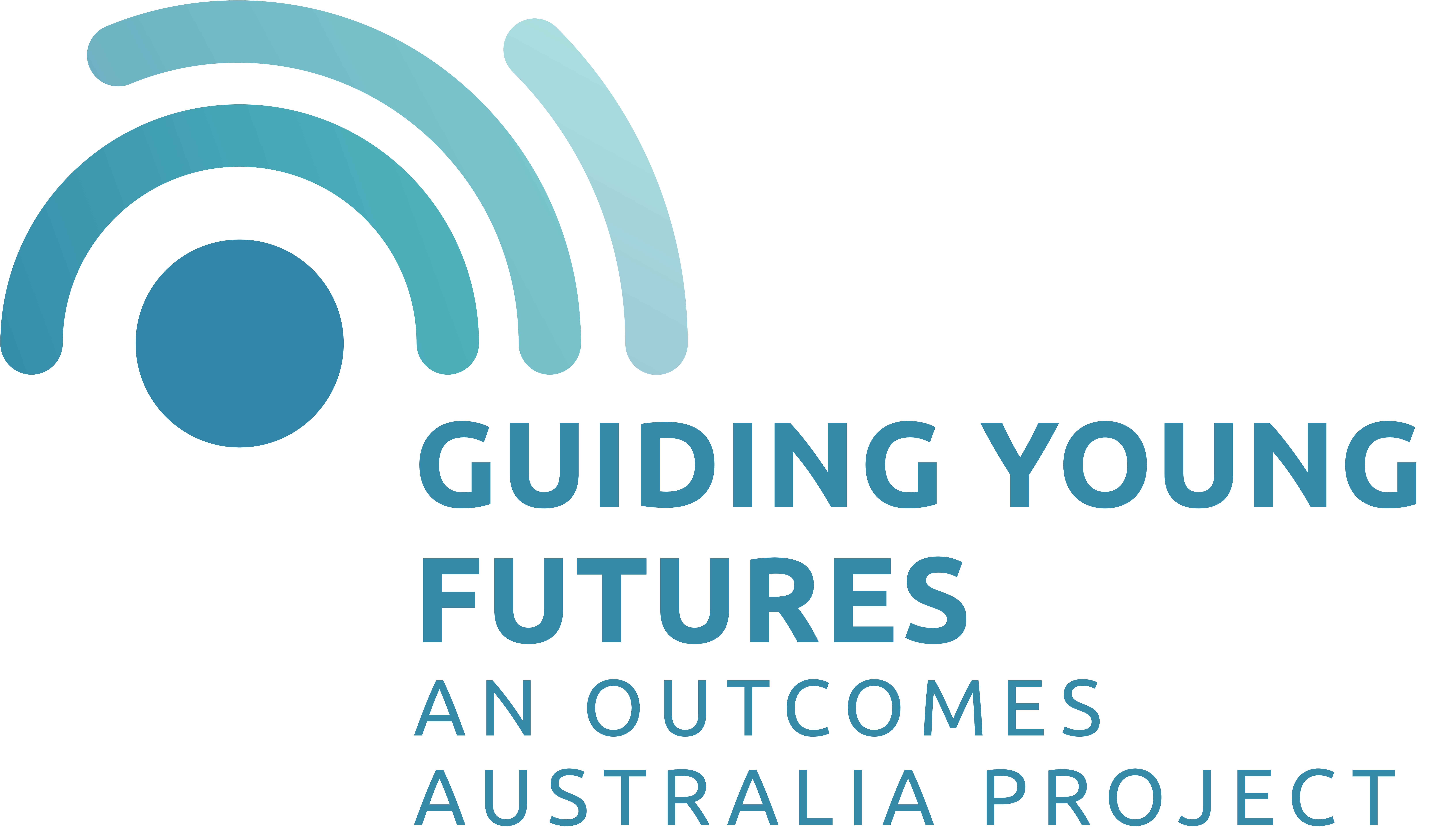Guiding Young Futures – The Program
Guiding Young Futures works with families and children suffering risk and hardships at a level considered as the middle of the risk continuum. This is evident from the families’ socio-demographical profiles and from the integrative assessments formulated by the life coaches concerning the children, based on their knowledge of the child, the opinion of the education and welfare teams, and home visits. The underlying assumption of Guiding Young Futures activities is that where these characteristics are left untreated and unhandled at the elementary school age, they can easily move towards the edge of the continuum during adolescence.
The program involves trained life coaches that form a contract with the at risk child, the child’s family and the child’s school to be their life coach and guide for a period of three years, from 8 to 11 years old. The life coach then becomes involved in all areas of the child’s life, supporting them at school, in groups with other at risk children as well as in their home environment. The life coaches are paid for their work in addition to receiving professional development along the way.
Aims of the program:
– Strengthen the child’s self-confidence and feeling of personal capacity;
– Develop the child’s abilities, strengths and talents;
– Facilitate the child’s and family’s access to the social services available to them, and expand these;
– Create a supportive educational environment for the child in school;
– Encourage parental involvement in the child’s life and support of the child;
– Strengthen parental capabilities and contribute to the growth of the family unit
An analysis of changes in the participants’ condition throughout Youth Futures Israel’s years of activity reveals that at the conclusion of three to four years’ participation in the program, a general trend of clear improvement is seen, which occurs in all of the four spheres of life upon which Guiding Young Futures concentrates, and that the program greatly meets its objectives for the children.

Young Futures in Israel – Proven results
An independent evaluation found that of 238 children who were recent graduates and participated in the program between 2012-2016:
– All except one were in the formal education system;
– The absolute majority saw their coach as a person who greatly or very greatly assisted them to succeed in life (96%);
– Most attributed to YFI a ‘great’, or ‘very great’, contribution to their integration in their next educational institution;
– Over a quarter of graduate’s volunteer (28%) and/or participate in extra-curricular activities (26%);
– 30% were active in a youth movement program; and
– Only 1 % of graduates reported an incident with police.
For the children themselves it was found that after 3-4 years participation in the program, a general trend of significant improvement (t-test) was observed in four spheres:
– Personal sphere: statistically significant improvement was found across all five parameters. Of the graduates completing the program, 75% of showed improvement in taking ‘responsibility for own actions’ while 84% of graduates showed improvement in the ‘joy of life’ parameter.
– Social sphere: statistically significant improvement was found across all three parameters. Of the graduates completing the program, 68% showed reduction in the ‘use of verbal violence’ while 76% showed a reduction in the ‘use of physical violence’ parameter.
– Scholastic sphere: statistically significant improvement was found across all five parameters. OF the graduates completing the program 59% showed improvement in ‘school absences’ while 76% showed improvement in ‘scholastic functioning’.
– Family sphere: statistically significant improvement was found across all three parameters. Of the graduates completing the program 62% showed improvement in ’beneficial relationship with father’ while 67% showed improvement in ‘beneficial relationship with siblings’.

